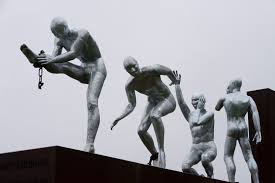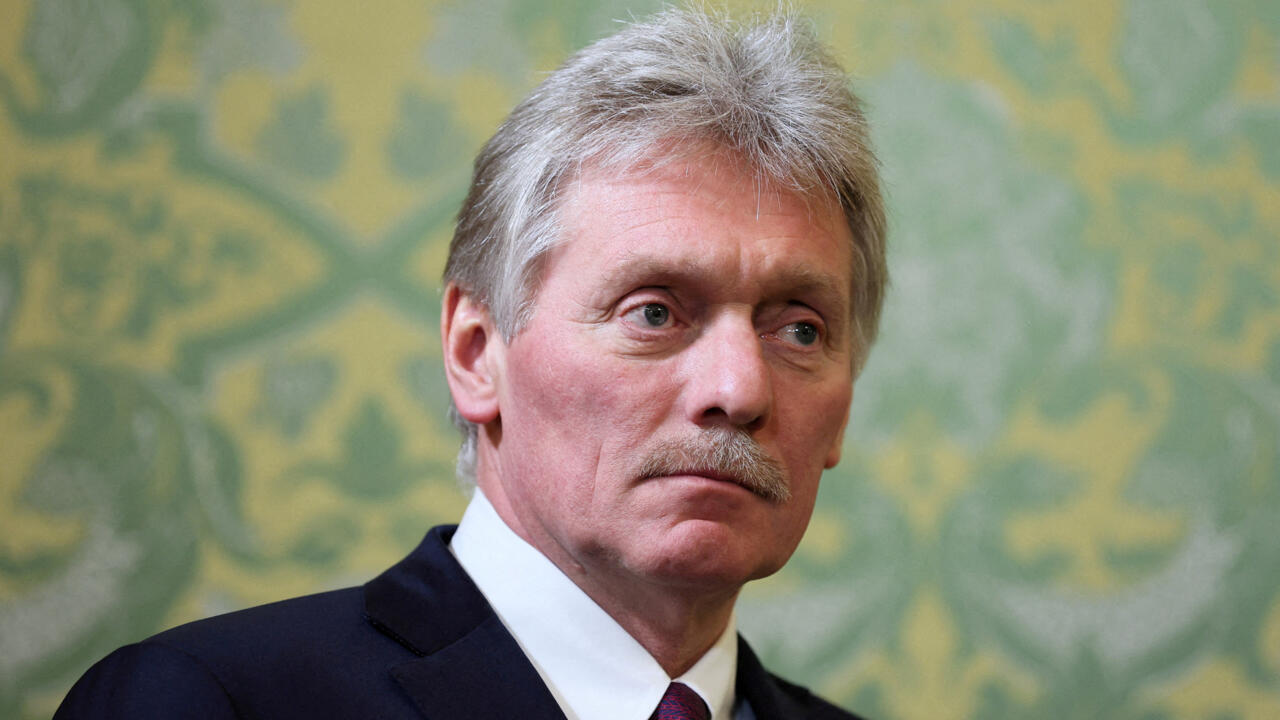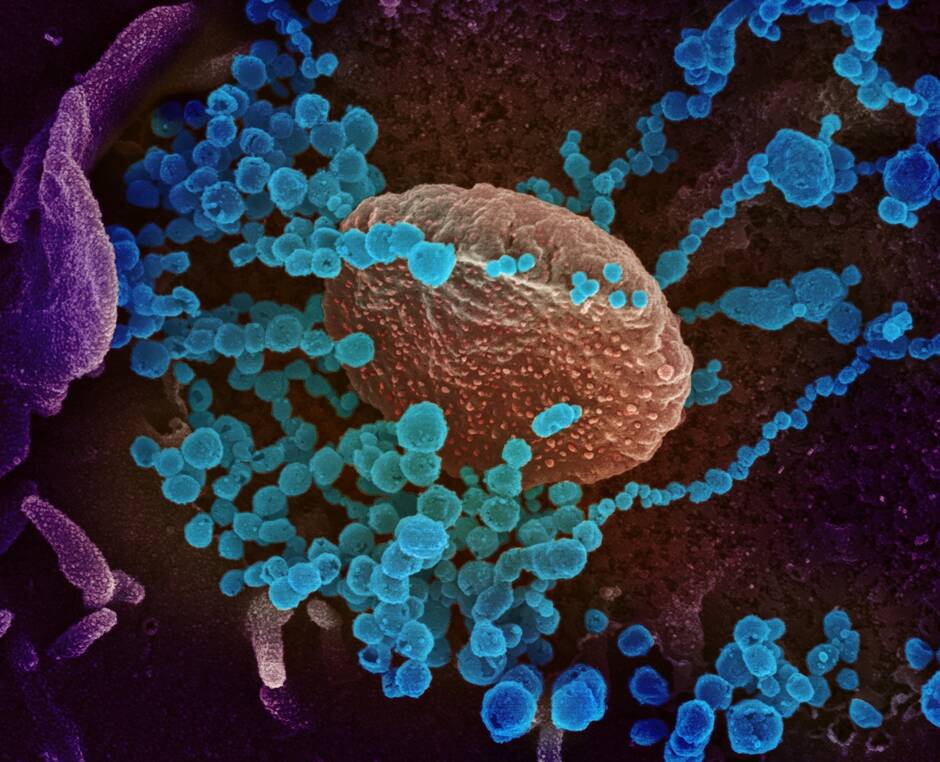Dutch King Willem-Alexander welcomed the government’s apology for the Netherlands’ role in 250 years of slavery in his Christmas address on Sunday (25 December), saying it was the “start of a long journey.”
The official apology was made Monday Dec. 19 by Dutch Prime Minister Mark Rutte who responded to recommendations from a panel of experts to accept the role of the Netherlands in the history of slavery and its current consequences. Rutte specifically apologized for Dutch state’s involvement in slavery in its former colonies, calling it a “crime against humanity.”
“Nobody today bears responsibility for the inhumane acts that were inflicted on the lives of men, women and children,” Willem-Alexander said from his palace in The Hague. “But by honestly facing our shared past and recognizing the crime against humanity that is slavery, we lay the ground for a shared future — a future in which we stand against all modern forms of discrimination, exploitation and injustice,” the king said. “The apology offered by the government is the start of a long journey.”
The Netherlands funded its “Golden Age” of empire and culture in the 16th and 17th centuries by shipping around 600,000 Africans as part of the slave trade, mostly to South America and the Caribbean. The Dutch government previously expressed deep regret for the nation’s historical role in slavery but stopped short of a formal apology, with Rutte once saying such a declaration could polarize society. However, a majority in parliament now supports an apology.
In 2018, Denmark apologized to Ghana, which it colonized from the mid-17th century to the mid-19th century. In June, King Philippe of Belgium expressed “deepest regrets” for abuses in Congo. In 1992, Pope John Paul II apologized for the church’s role in slavery.



